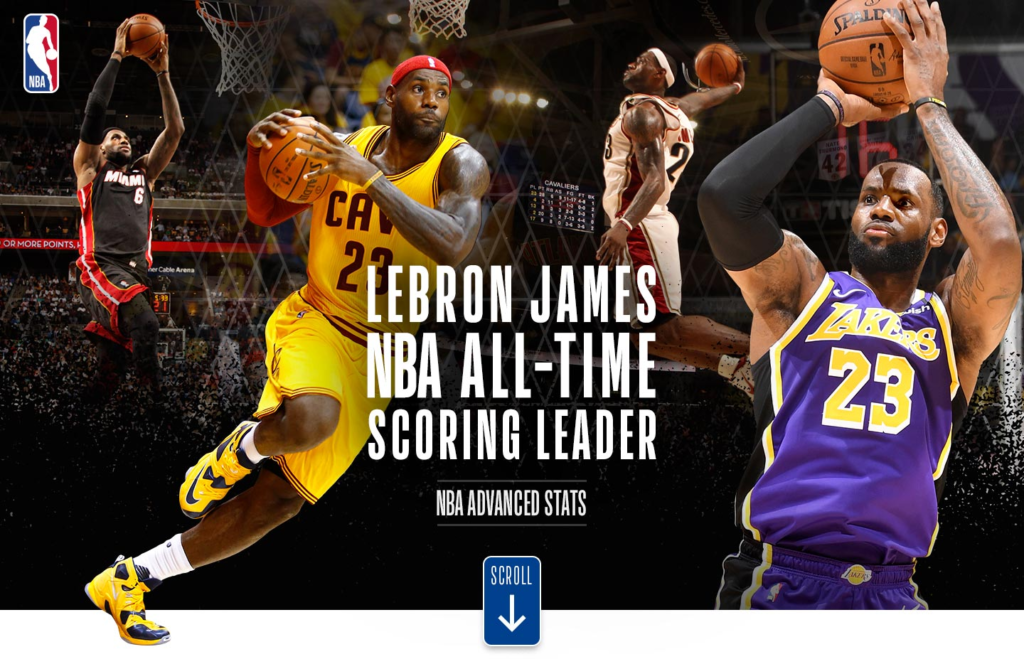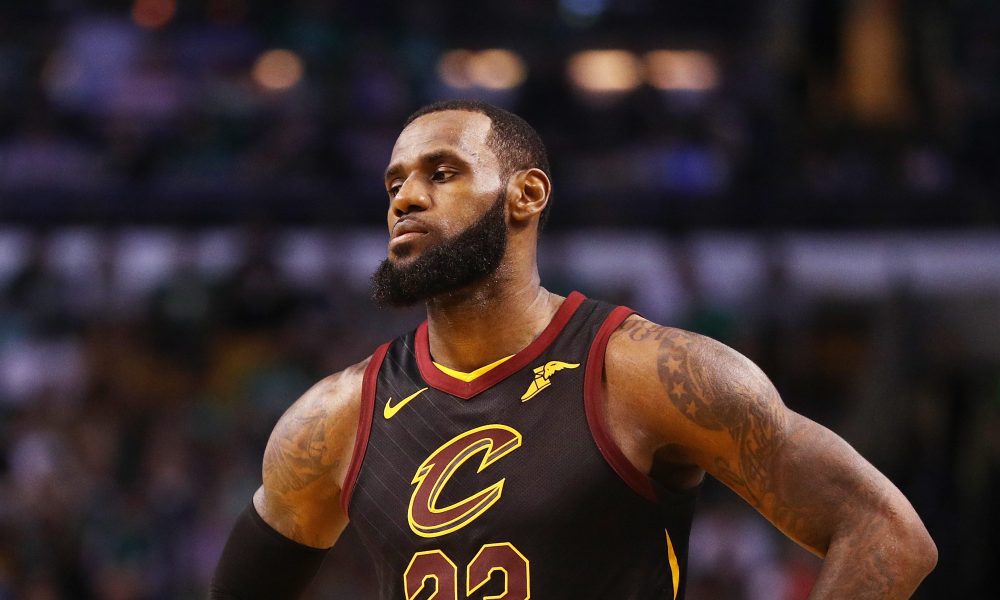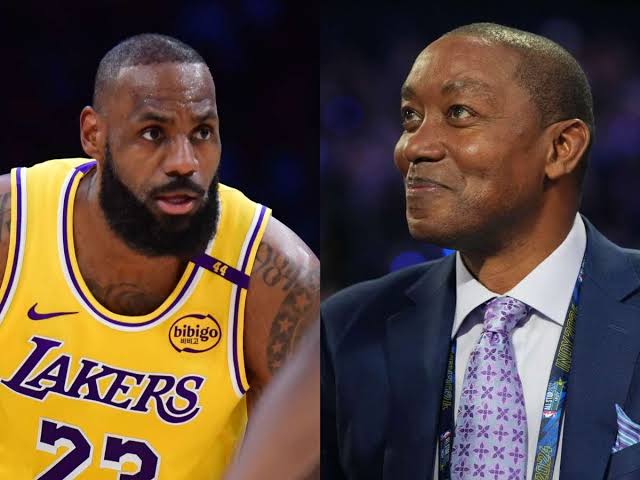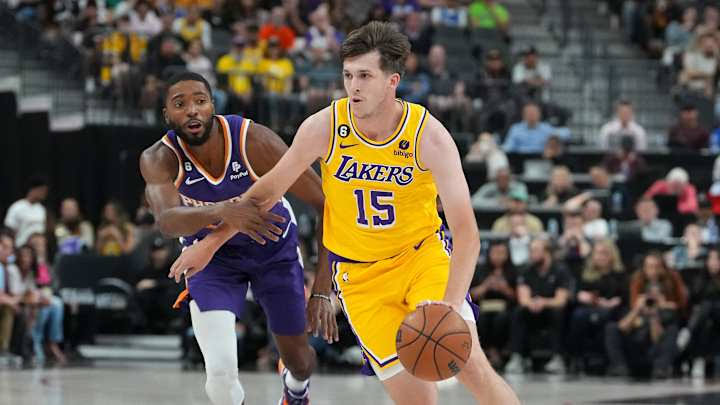LeBron James’ adaptability has been a cornerstone of his NBA longevity and greatness. Over the years, he’s transitioned from a powerful athlete known for his explosive scoring to a multifaceted player whose leadership and basketball IQ are key to his success.

When LeBron first entered the NBA, his game was defined by athleticism and physical dominance, making him a nightly highlight reel. However, his early years also saw criticisms of his shooting and decision-making,
which he worked hard to refine. By the time he was in his prime with the Miami Heat, LeBron had not only improved his shooting but also expanded his defensive versatility and playmaking ability, cementing himself as the NBA’s most complete player.
LeBron’s return to Cleveland marked another shift in his evolution, where his game became more mentally strategic, preserving energy during the regular season and saving it for critical playoff moments.
His 2016 Finals performance was a perfect example of his peak adaptability, leading the Cavaliers to an incredible comeback win over the Golden State Warriors.
In his later career with the Los Angeles Lakers, LeBron’s game continues to evolve. As he gets older, he’s adapted to a more cerebral style of play, relying more on his high basketball IQ and leadership than raw athleticism. His transition to a point guard role in 2019-2020, leading the Lakers to another championship, demonstrates his flexibility and strategic approach to winning.
This adaptability has allowed LeBron to remain one of the league’s most effective players, even as his physical abilities decline. His ability to adjust his game, from scoring machine to playmaking maestro, has been key in prolonging his career and maintaining his place among the NBA’s elite.
LeBron’s legacy is not just about his talent, but his incredible ability to adapt and thrive in different roles and situations throughout his career, solidifying his place among the greatest basketball players of all time.



